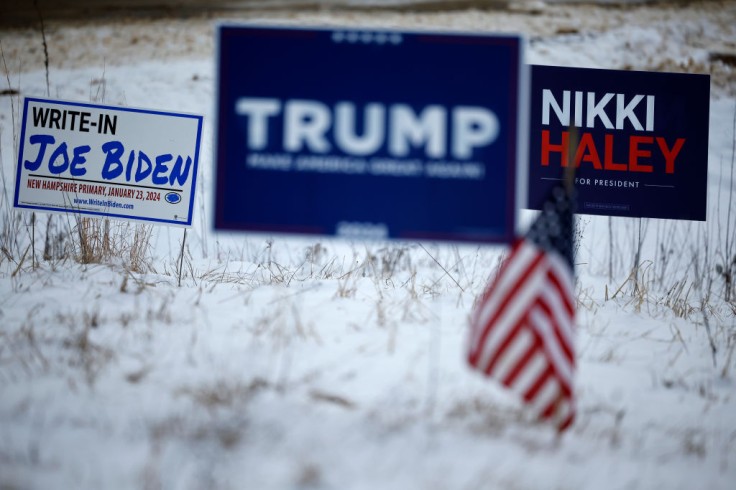The unprecedented progress of artificial intelligence has emerged as a useful tool for election campaigns. The technology has the potential to change how campaigns are done and how messages are disseminated to voters.

Moreover, this could have a huge impact on how voters will behave and engage with the candidates. On the contrary, there is still a gap in the AI regulation which could lead to misuse, especially during crucial events like elections.
From misinformation to data analytics, AI is a double-edged sword when it comes to its potential. The intersection of AI and politics is still unclear but the technology is here to stay.
Here are some advantages and challenges that could possibly happen when AI integrates with election campaigns
Read Also : Microsoft, Google, Leading Tech Companies Sign Commitment to Fight AI Misinformation for 2024 Elections
Targeted Messaging
Targeted messaging is an important aspect of political campaigns. AI algorithms can analyze huge amounts of data from various sources like social media interactions and consumer behavior online.
These data will be processed by the AI to gain deeper insights into their preferences, especially in politics. Strategists can take advantage of micro-targeting their potential voters by crafting personalized messages that they could appreciate.
In addition, campaign teams can spread their messages across multiple platforms and channels based on the collected data. Candidates can strengthen their reach through personalized data-driven data.
Manipulation, Disinformation
On the other hand, the issue of manipulation and disinformation is one of the major challenges faced by the US election campaign teams. Advancements in the AI landscape have made it possible to create deepfakes and synthetic content that can be used to influence people.
During election campaigns, deepfakes are increasingly used to fabricate footage of political candidates and spread false narratives against their opponents. This lessens the public trust.
Automation
Automation has a double-edged potential in terms of elections. AI-powered tools can be used to automate repetitive tasks like data entry, social media postings, scheduling, and more. If used responsibly, it could increase the productivity of the campaign team by creating more time to prioritize high-value activities.
On the contrary, automated dissemination can be utilized by bad actors to create bots and algorithms that are designed to spread misleading information across the internet. The bot accounts are trained to attack and diversify the narratives of the voters.
Dependency on Technology
Over-dependency on technology, no matter how impressive it is, could lead to several risks across various domains. For instance, strategists must not rely solely on AI for any decision-making situation as it can increase the risk of manipulation by malicious actors.
In addition, AI algorithms are flawed and can be susceptible to bias and discrimination which could be mixed on the training data.
Lack of Regulation
The rapid growth of AI technology is too fast for the regulators to draft the appropriate framework that could safeguard its usage. This leaves the election campaigns vulnerable to legal and ethical uncertainty.
Aside from pace, regulators also struggle to understand the layered complexities of AI, making it easier for others to take advantage of gaps in the law.









